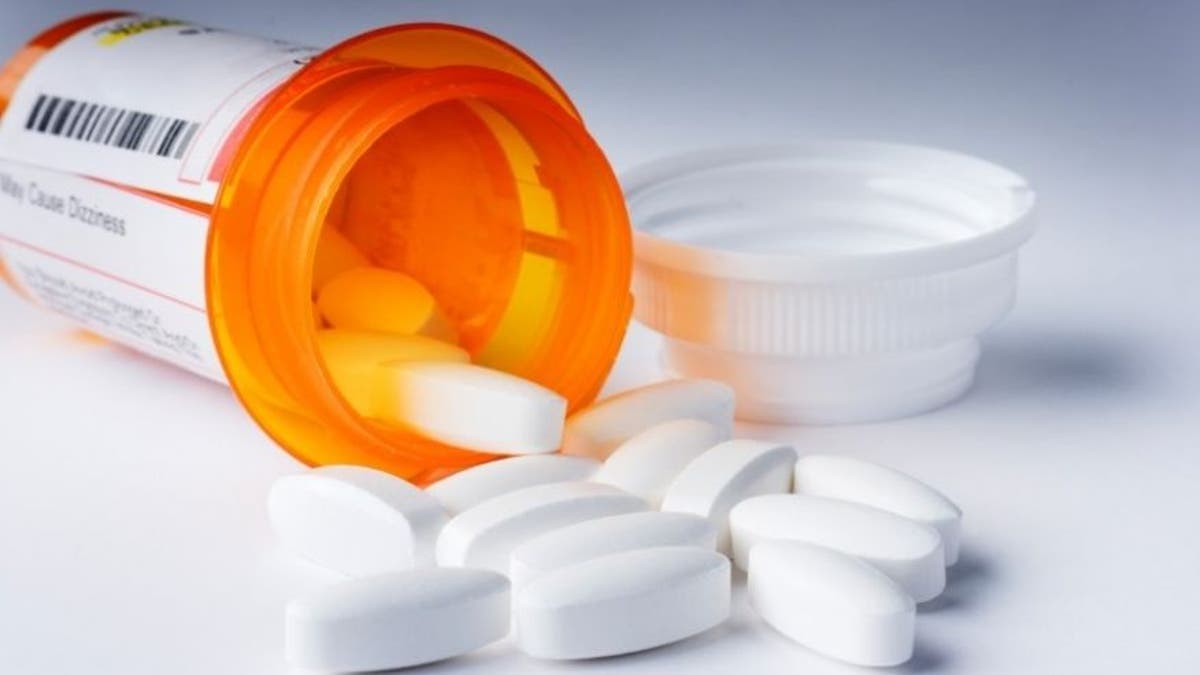
Doctors who receive payments or gifts from pharmaceutical companies are more likely to prescribe brand name medications, a new study suggests.
The rate at which doctors prescribed brand name drugs increased with the amount of money or gifts like dinners they received from drug companies, researchers found.
Lead author Dr. James Yeh, of Brigham and Women's Hospital in Boston, said doctors are taught how and what to prescribe during medical school.
"After you leave, sometimes that kind of knowledge is derived from pharmaceutical salespeople," he told Reuters Health.
Along with communications with pharmaceutical salespeople, doctors may also receive meals, subsidies or grants for continuing education and speaking fees from pharmaceutical companies.
Yeh and his colleagues write in JAMA Internal Medicine that some states require doctors to report what they receive from drug companies. In 2013, under the Affordable Care Act, the U.S. created the Open Payments database to collect those reports from across the country.
For the new study, the researchers analyzed 2011 data from Massachusetts payment reports and the prescription drug program of Medicare, the U.S. public health insurance program for the elderly and disabled.
Of the 2,444 Massachusetts doctors in Medicare's prescribing database, about 37 percent received payments from the drug industry.
About 71 percent of doctors reported receiving meals paid for by drug companies, about 51 percent reported receiving grants, about 27 percent received other services and about 11 percent reported receiving educational training.
Average payments to doctors ranged from $100 to $1,188, the researchers report.
Then the researchers looked at whether those payments were tied to doctors' prescribing patterns. Specifically, they wanted to know whether doctors who received more gifts prescribed more brand-name cholesterol lowering drugs - known as statins - rather than less expensive generic medications.
Overall, an average of 17.8 percent of statin prescriptions were for brand name drugs. Every $1,000 of additional funds doctors received was tied to a 0.1 percent increase in the rate of brand name prescribing.
While a 0.1 percent increase may not seem like a lot, the researchers note that the financial effects for patients and the healthcare system can be substantial since brand name statins cost between two and four times more than generic medications.
There was no connection between brand name prescribing and industry payments when doctors received less than $2,000.
"Not surprisingly, the payments that were categorized as educational trainings seemed to most impact brand name prescribing," said Yeh.
The researchers say their findings are limited by the fact that doctors who prescribe a high number of brand name medications may be sought out by drug companies to promote those products. Also, the findings are based on self reporting by doctors.
